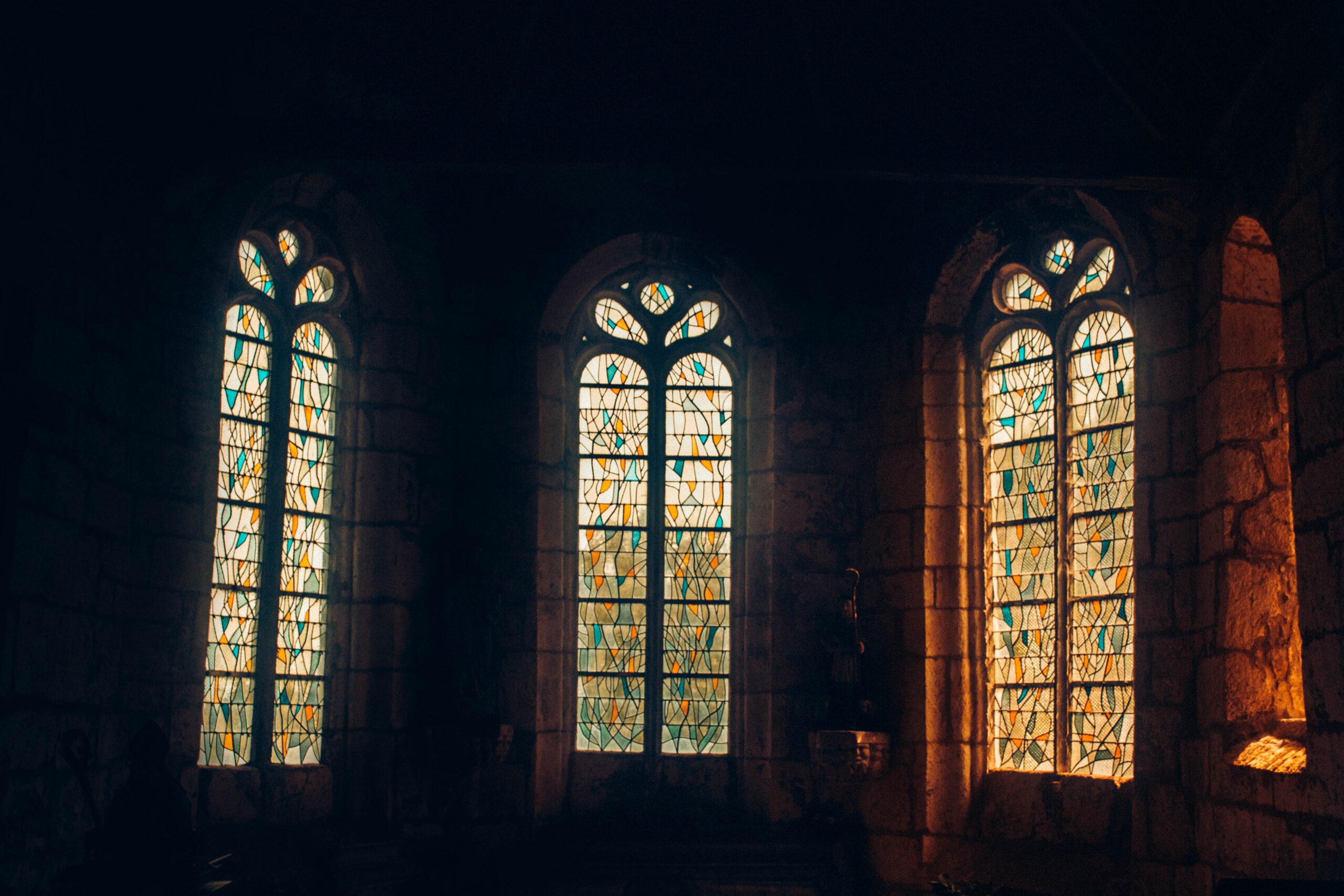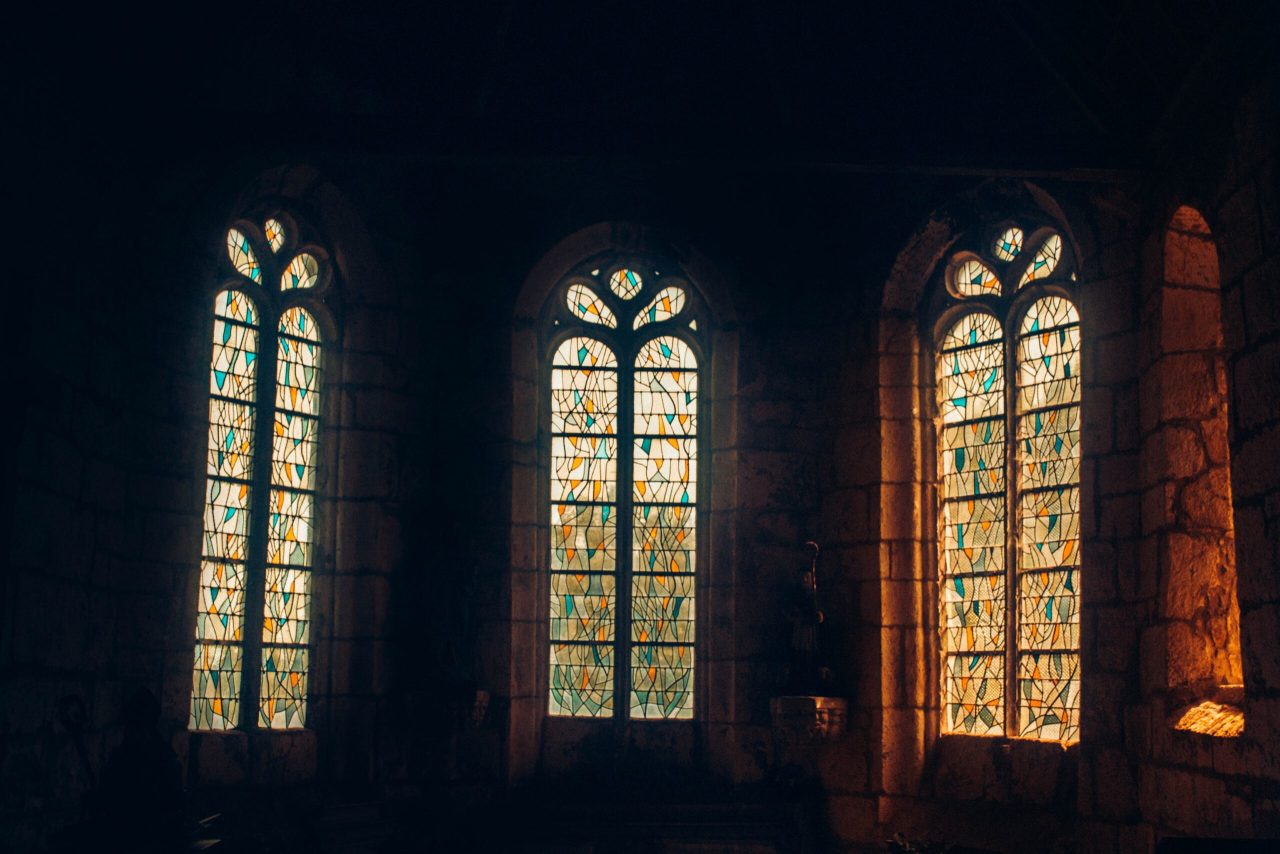
1Kgs 3:5,7-12; Rom 8:28-30; Mt 13:44-52
I had a conversation recently with a couple who told me that they were thinking about giving up their prayers because of all the lingering problems that they were having among their children and grandchildren. There were experiencing divisions, sibling rivalry, alcoholism, abandonment of the faith, marital problems, career difficulties, malice, etc. “Why keep praying?” they asked.
My first response was to encourage them to keep on praying because things could be worse without their prayers. But I also reminded them that some things in life are not meant to be taken away by prayer alone. Prayer with the right disposition is always efficacious but there are things that cannot be prayed away.
We must remember that there are things in our lives that Divine Providence uses to make us more like Jesus Christ. These are Christ-forming events and situations that allow divine grace to mold us into the heart, mind and attitude of Christ. Prayer is not meant to take these things away but to bring us to face them appropriately in such a way that they mold us more into the image of Jesus Christ.
St. Paul states thus: “For those who love God, all things work for good.” As long as we have an active and dynamic love for God, a love initiated and sustained through prayer, our life experiences, no matter how unfavorable they may be, are eternally beneficial for us.
But what is our eternal good? Our eternal good is first to be like Christ now, “He (God) predestined us to be conformed to the image of His Son.” Ultimately, our eternal goodness lies in life with Christ in heavenly glory, “For those He predestined He likewise called, and those He called He also justified and those He justified He in turn glorified.” We cannot have the glorious life with Christ if we are not being conformed to Him now here on earth. This is what God wills for us in everything we experience, and no amount of prayer can change that purpose.
On a personal level, as an ordained priest, I have to perform my sacramental duties while experiencing many things that are not favorable in any way. I have to face the reality of fewer priestly vocations, challenges in community life and in my family of origin, unending scandals in the Church, suffering of those whom I serve, departure of many from the Catholic faith, my own personal struggles, criticisms, loneliness, etc. I just cannot pray these away. But I must pray and face them out of love for God for my own eternal good – to become more like Christ.
The same applies to any vocation in the Church. Whether we are parents, grandparents, religious or single, the goal of our vocation is Christlikeness through Christ-like charity. Our calling is much more than merely fulfilling the duties of our state in life and offering prayers to God and then expecting to be preserved from unfavorable and challenging moments. Do we realize that our journey to become like Christ began at baptism and involves our response to all the events of our lives? We too must pray fervently and continuously to have the grace to face all these out of love for God for our own eternal good.
Our Lord Jesus Christ teaches that the kingdom of heaven has two stages. There is the inclusive stage in which God invites all into His kingdom, “The kingdom of heaven is like a net thrown into the sea, which collects fish of every kind.” Then there is an exclusive phase in which we shall see the exclusive face of our ever-inclusive God and Father as He will send angels to separate the righteous from the wicked, “The angels will go out and separate the wicked from the righteous and throw them into the fiery furnace, where there will be wailing and grinding of teeth.”(Mt 13:44-52)
What would be the sole criterion of this end-age separation? It is based on nothing but our participation in the life of Christ and our conformity to Him. The righteous are those who did not trust in any righteousness of their own but chose to share in the righteousness of Christ and to become more like Him through charity and the events of life. The wicked are those who took the life of Christ for granted and held on to their own attitudes. They did not share in His life, and they resisted being conformed to Him in any way. These will be in perpetual and uninterrupted regret and sorrow because they have forever forfeited their eternal good.
This teaching may sound harsh for us in our self-complacent era where unbridled inclusivity is the mantra of our times. Many of us think that we can live our lives as we like and still walk into heaven. We fail to realize that heaven is a state of perfect communion in Christlikeness. How in the world can we hope to spend eternity with someone with whom we have nothing in common, someone whose life we have ignored or neglected in this life? In the case of Christ, that someone has always offered us His life of grace and numerous moments to become more like Him.
If we examine each of those Christ-molding moments in question, we can see behind their unpleasantness many opportunities to become more like Jesus. We can find in them a moment to forgive someone who has hurt or betrayed us in the past. We can see in them a call to serve someone who is an ingrate and who can take our love for granted. We may find in those moments an invitation to humble ourselves in the face of insults from others. We may even sense in those moments an invitation to speak an unfavorable truth out of love. It may be a chance to experience that helplessness of seeing a loved one suffering and being unable to do anything to alleviate their pain. We can even sense God inviting us to share in His own patience in the face of pain and suffering. It can also be a chance to be with Christ in His temptation as we struggle with our own nagging temptations or addictions.
Thanks be to God. The God-given possibilities to be conformed to Christ are endless!
These and other occasions like them are moment when we are with Christ in His agony at Gethsemane. We must join Him in His fervent uninterrupted prayer to the Father, “Father, take this cup away from me.” We also experience the utter silence of the Father in response to His Son’s prayer. But we also share in the same power that the Father gave His Son to face His passion out of love for Him.
This is why Jesus offers us Himself in the Eucharist. He does not mold us into Himself from a distance. But He remains with us and works with us throughout the process of making us like Himself. The Eucharist becomes for us both a place of communion with Him as well as a place of conforming to Him. In this Eucharistic school of conformity with Christ, His love and grace are offered to us so generously that we lack for nothing in this process of being conformed to Christ.
Let us also look at Mary. No one in human history was more conformed to Christ than the Blessed Virgin Mary. She was so much like Christ at the Annunciation when she humbly obeyed God’s mysterious plan to be the Mother of God. She grew in this conformity to Christ until she was perfectly like Christ in His complete self-offering on the cross.
She must have prayed for her beloved Son to have strength to complete His earthly mission. She must have prayed for all those who slaughtered her Son and for all those who would still not believe in Him and accept His loving invitation to His kingdom. She must have prayed for the disciples who ran away and did not commit to be like Christ in His suffering.
Through her prayers, she found strength to face everything out of love for her Son and for all the redeemed children of God. It all worked for her good. She who was the Mother of Sorrows on earth is now Queen of Heaven and earth!
We can learn from our blessed Mother to pray always even if we do not see visible and favorable results in our lives. We can also draw strength from her to face all that life brings our way with love for God. This is how all things will surely work for our good, our eternal good, which is to be like Christ now and to live with Him forever in heaven.
Glory to Jesus! Honor to Mary!
Photo by Philip Marsh on Unsplash




